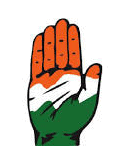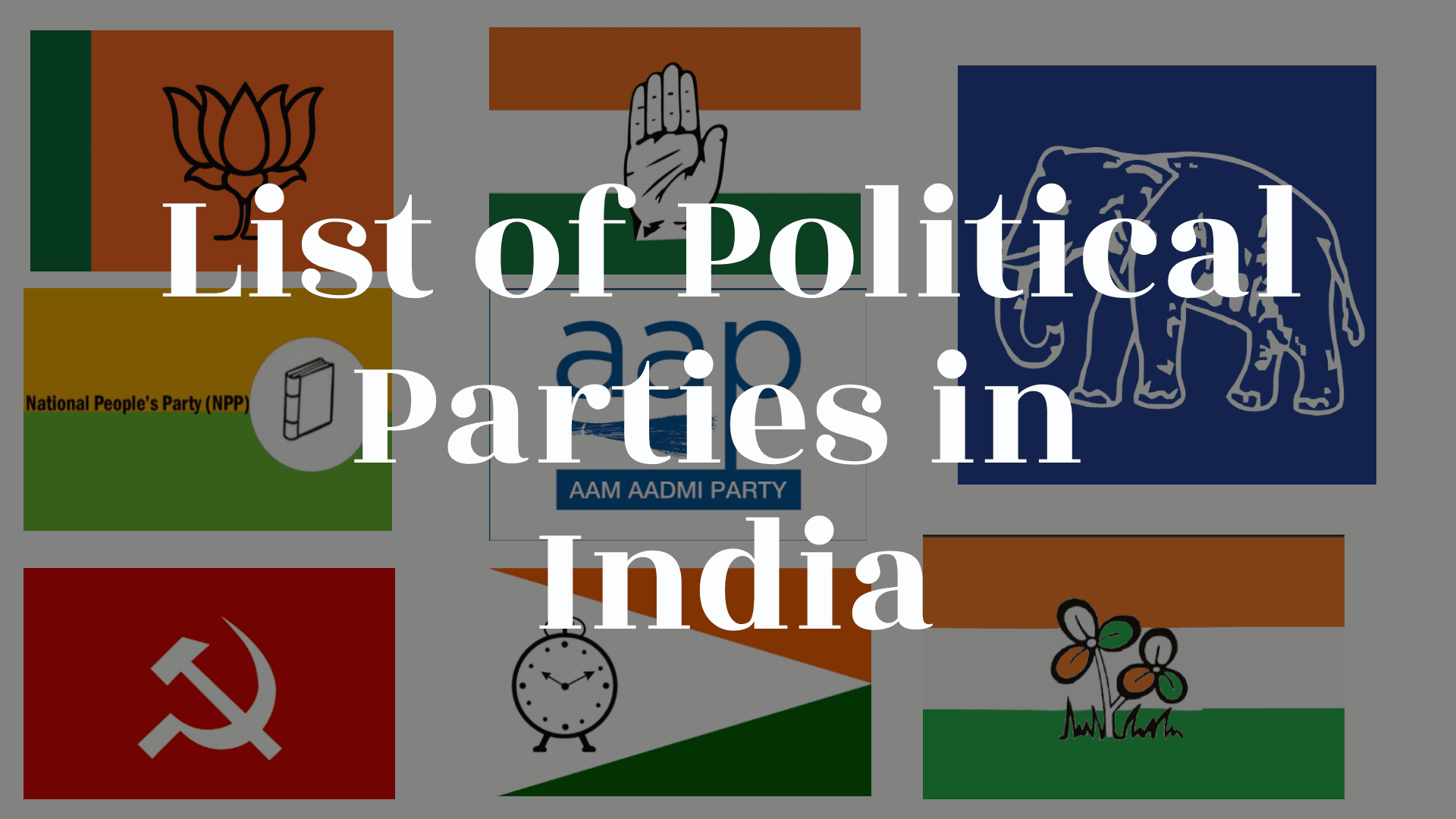
Indian National Congress
The Indian National Congress (INC), colloquially the Congress Party but often simply the Congress, is a political party in India with widespread roots. Founded in 1885, it was the first modern nationalist movement to emerge in the British Empire in Asia and Africa. From the late 19th century, and especially after 1920, under the leadership of Mahatma Gandhi, the Congress became the principal leader of the Indian independence movement. The Congress led India to independence from the United Kingdom, and significantly influenced other anti-colonial nationalist movements in the British Empire.Congress is one of the two major political parties in India, along with its main rival the Bharatiya Janata Party. It is a “big tent” party whose platform is generally considered to lie in the centre of Indian politics. After Indian independence in 1947, Congress emerged as a catch-all and secular party, dominating Indian politics for the next 20 years. The party’s first prime minister, Jawaharlal Nehru, led the Congress to support socialist policies by creating the Planning Commission, introducing Five-Year Plans, implementing a mixed economy, and establishing a secular state. After Nehru’s death and the short tenure of Lal Bahadur Shastri, Indira Gandhi became the leader of the party.
In 1969, the party suffered a major split, with a faction led by Indira Gandhi leaving to form the Congress (R), with the remainder becoming the Congress (O). The Congress (R) became the dominant faction, winning the 1971 general election with a huge margin. However, another split occurred in 1979, leading to the creation of the Congress (I), which was recognized as the Congress by the Electoral Commission in 1981. Under Rajiv Gandhi’s leadership, the party won a massive victory in the 1984 general elections, nevertheless losing the election held in 1989 to the National Front. The Congress then returned to power under P. V. Narasimha Rao, who moved the party towards an economically liberal agenda, a sharp break from previous leaders. However, it lost the 1996 general election and was replaced in government by the National Front (then the BJP). After a record eight years out of office, the Congress-led coalition known as the United Progressive Alliance (UPA) under Manmohan Singh formed a government post-winning 2004 general elections. Subsequently, the UPA again formed the government after winning the 2009 general elections, and Singh became the first Prime Minister since Nehru in 1962 to be re-elected after completing a full five-year term. However, in the 2014 general election, the Congress suffered a heavy defeat, winning only 48 seats of the 543-member Lok Sabha (the lower house of the Parliament of India). In the 2019 general election, the party again suffered a heavy defeat, winning only 52 seats in the Lok Sabha.
In the 17 general elections since independence, it has won an outright majority on seven occasions and has led the ruling coalition a further three times, heading the central government for more than 54 years. There have been six Prime Ministers from the Congress party, the first being Nehru (1947–1964), and the most recent Manmohan Singh (2004–2014).
On social issues, it advocates secular policies that encourage equal opportunity, right to health, right to education, civil liberty, and support mixed economy, and a strong welfare state. Being a centrist party, its policies predominantly reflected balanced positions including secularism, egalitarianism, and social stratification. The INC supports contemporary economic reforms such as liberalisation, privatisation and globalization. A total of 61 people have served as the president of the INC since its formation. Sonia Gandhi is the longest-serving president of the party, having held office for over twenty years from 1998 to 2017 and again from 2019 till 2022. Mallikarjun Kharge is the current serving President of the Indian National Congress. The district party is the smallest functional unit of Congress. There is also a Pradesh Congress Committee (PCC), present at the state level in every state. Together, the delegates from the districts and PCCs form the All India Congress Committee (AICC). The party is also organized into several committees and sections, such as the Congress Working Committee (CWC).
Read More About Indian National Congress
Lists containing Indian National Congress :
List of Political Parties in India

India is a vast and diverse country, and it has a vibrant political landscape. With its many different states, languages, and cultures, India is home to a wide range of political parties that represent the diverse interests of its citizens. This list of political parties in India will provide you with a comprehensive overview of…
